Iran and The Munich Analogy
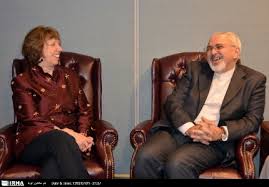 A media debate over the West's response to Iran's nuclear program and threats against Israel has raised comparisons with the 1930s and the Munich Conference.
A media debate over the West's response to Iran's nuclear program and threats against Israel has raised comparisons with the 1930s and the Munich Conference.  A media debate over the West's response to Iran's nuclear program and threats against Israel has raised comparisons with the 1930s and the Munich Conference.
A media debate over the West's response to Iran's nuclear program and threats against Israel has raised comparisons with the 1930s and the Munich Conference. 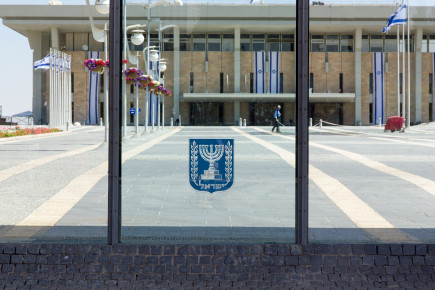
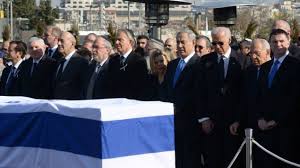 Prominent among the high level representations at the funeral of Ariel Sharon were the Czech Republic and the Republic of Romania. The media took little notice, but there is a story of historical importance here.
Prominent among the high level representations at the funeral of Ariel Sharon were the Czech Republic and the Republic of Romania. The media took little notice, but there is a story of historical importance here. 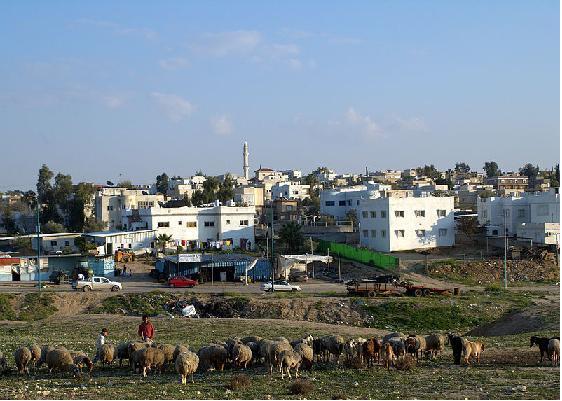 A solution to the property claims of the Negev Beduin has so far defied resolution. The media fails to provide enough historical context to understand the arguments presented by both sides of the dispute.
A solution to the property claims of the Negev Beduin has so far defied resolution. The media fails to provide enough historical context to understand the arguments presented by both sides of the dispute.  A solution to the property claims of the Negev Beduin has so far defied resolution. The media fails to provide enough historical context to understand the arguments presented by both sides of the dispute.
A solution to the property claims of the Negev Beduin has so far defied resolution. The media fails to provide enough historical context to understand the arguments presented by both sides of the dispute.  NPR's Tom Ashbrook hosted a discussion of the proposed interim deal with Iran over its nuclear program but repeatedly interrupted the guest expert who opposed the deal.
NPR's Tom Ashbrook hosted a discussion of the proposed interim deal with Iran over its nuclear program but repeatedly interrupted the guest expert who opposed the deal. 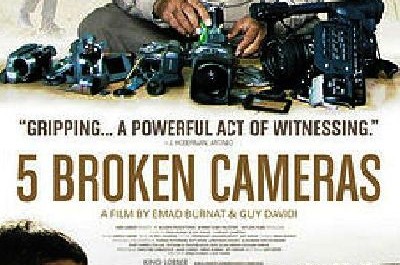
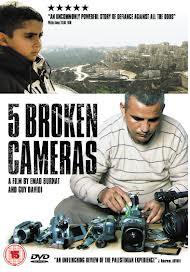 5 Broken Cameras is an Palestinian-Israeli film of the daily life and activism of a Palestinian film-maker and his fellow villagers' opposition to the Israeli security fence and Jewish settlement. But controversial scenes showing unprovoked aggression by Israeli soldiers did not really happen as shown in the film.
5 Broken Cameras is an Palestinian-Israeli film of the daily life and activism of a Palestinian film-maker and his fellow villagers' opposition to the Israeli security fence and Jewish settlement. But controversial scenes showing unprovoked aggression by Israeli soldiers did not really happen as shown in the film.